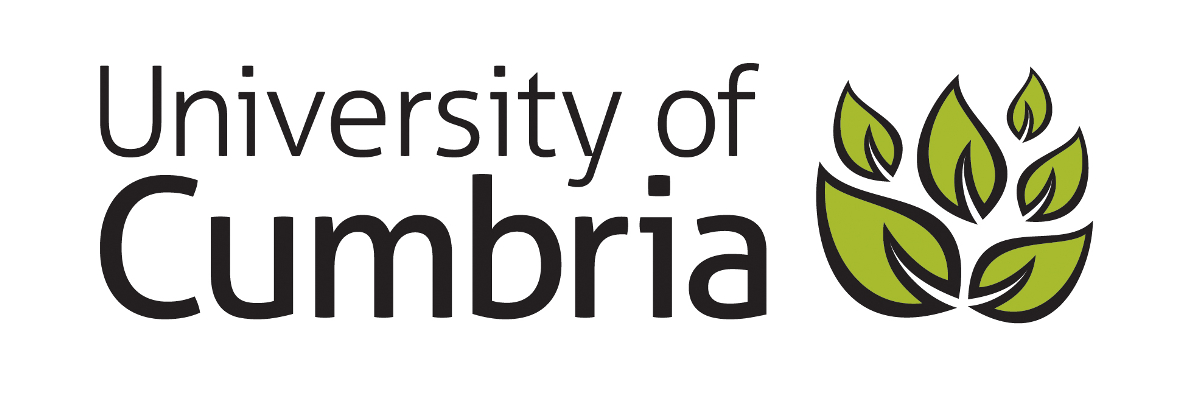Lancashire and South Cumbria Pelvic Health Service
Our Lancashire and South Cumbria (LSC) Perinatal Pelvic Health Services (PPHS) is currently being developed collaboratively to increase current services and improve the prevention, identification, and treatment of pelvic health conditions during pregnancy and following birth, and ultimately reduce the number of people living with pelvic health conditions postnatally and in later life.
Research shows that one in three women experience urinary incontinence in the first year after having a baby and up to three quarters of these women continue to experience this in the following 12 years after giving birth.
A further one in 10 women experience faecal incontinence and another one in 12 will have a pelvic organ prolapse.
Although a lot of the pelvic health issues experienced by people are common, they are treatable.
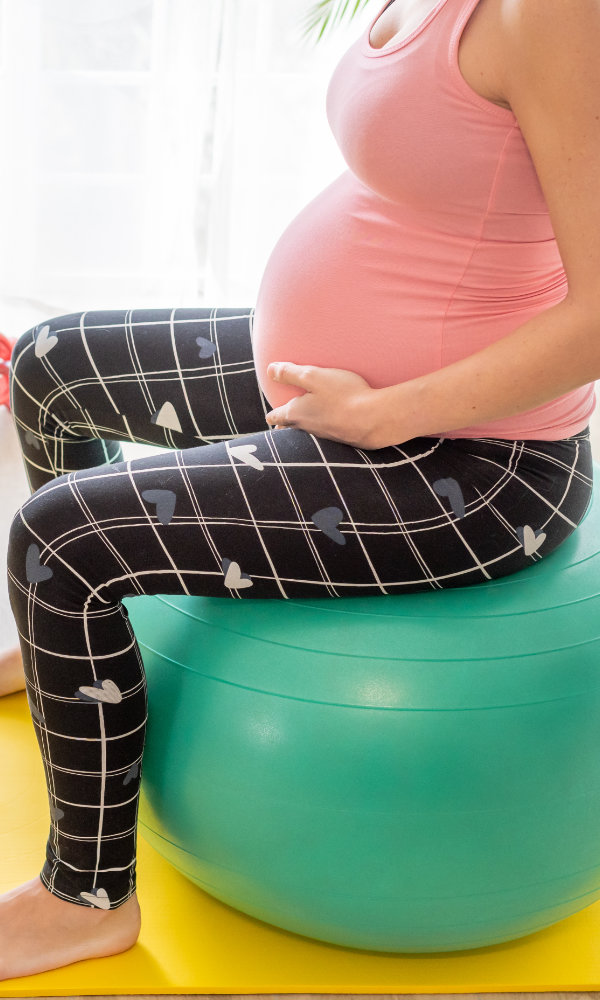
Pelvic Health conditions include:
- Bladder and bowel problems
- Pelvic floor dysfunction
- Perineal trauma
- Bladder and bowel problems
- Pelvic floor dysfunction
- Perineal trauma
- Pelvic organ prolapse
- Painful sex/pelvic pain
- Pregnancy-related pelvic musculo-skeletal problems:
-
– Separation of abdominal muscles (diastasis
– Pelvic girdle pain
– Back pain
– And other pregnancy related musculo-skeletal problems such as carpal tunnel syndrome
Our LSC PPHS will increase resources available for ante and postnatal women across Lancashire and South Cumbria, such as digital and written information and make it easier for to access services like Specialist Perineal Clinics and specialist Pelvic/Women’s Health physiotherapy clinic. Specialists such as physiotherapists, midwives, and doctors and can provide advice and treatment for pelvic health conditions.
The Service will be accessible throughout women’s and pregnant people’s maternity care. There will also be the option to self-refer.
The LSC PPHS includes:
- University Hospitals of Morecambe Bay NHS Trust
- East Lancashire NHS Trust
- Blackpool Teaching Hospitals NHS Trust
- Lancashire Teaching Hospitals NHS Trust
Coming soon to the website:
- Pelvic Health resources and advice
- Self-referral advice
- Care Pathways
- Contact numbers

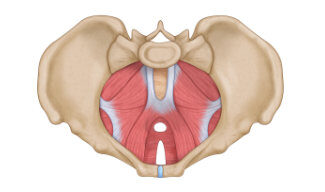
News & updates
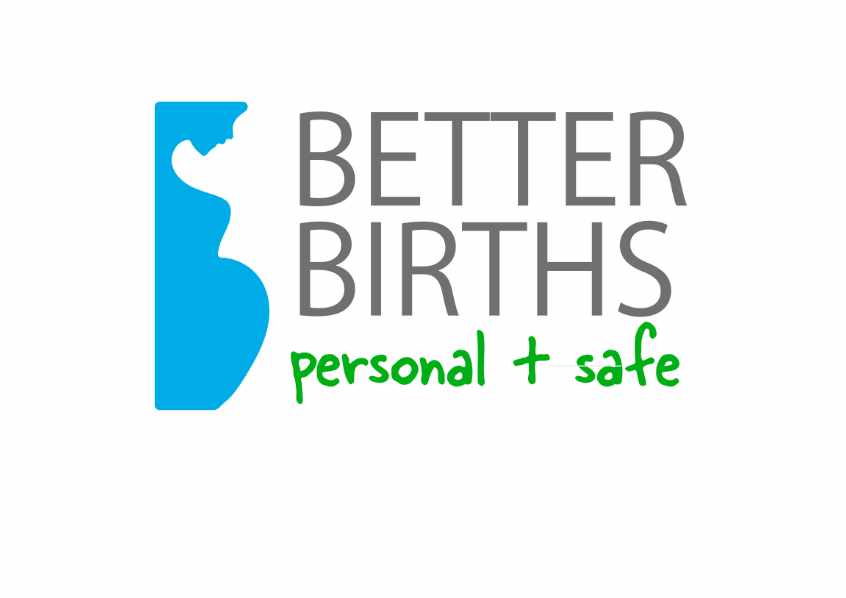
Maternity Transformation Programme Bulletin No.122: 9 November 2022
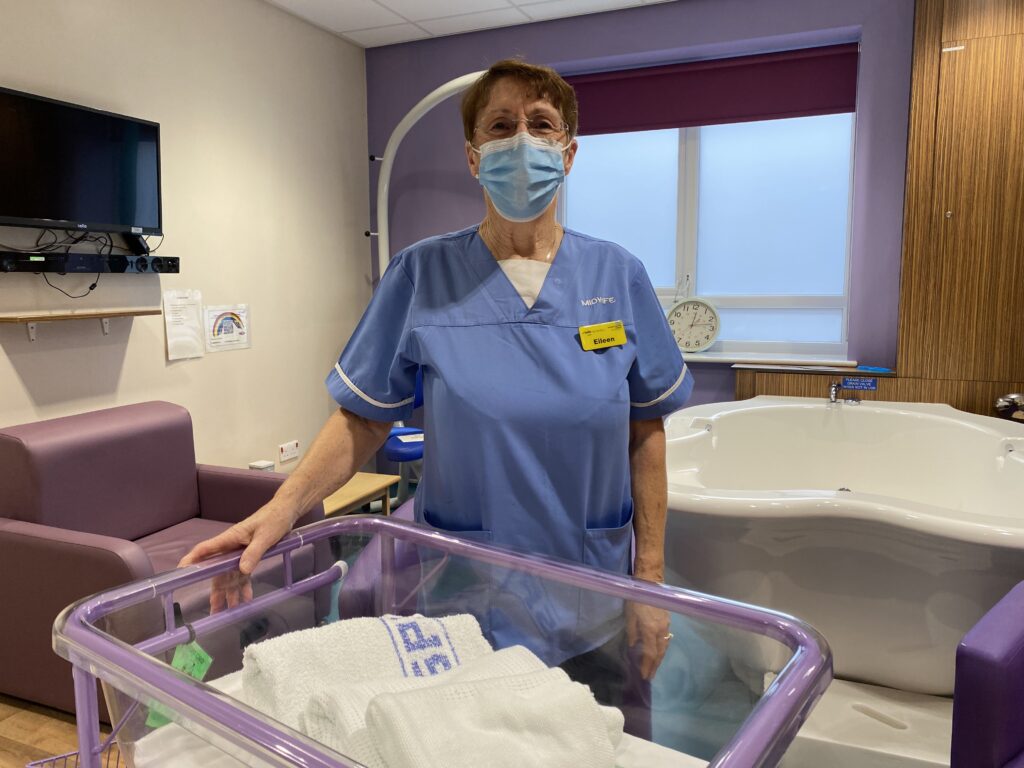
My 53-year Career as a Midwife



